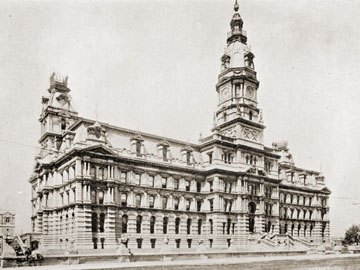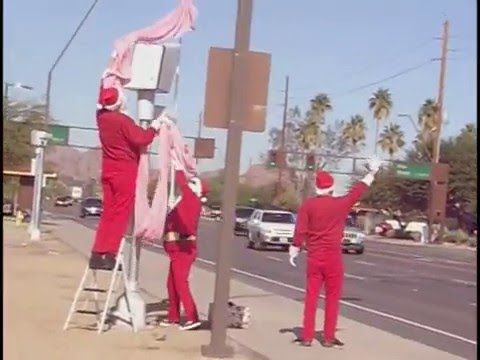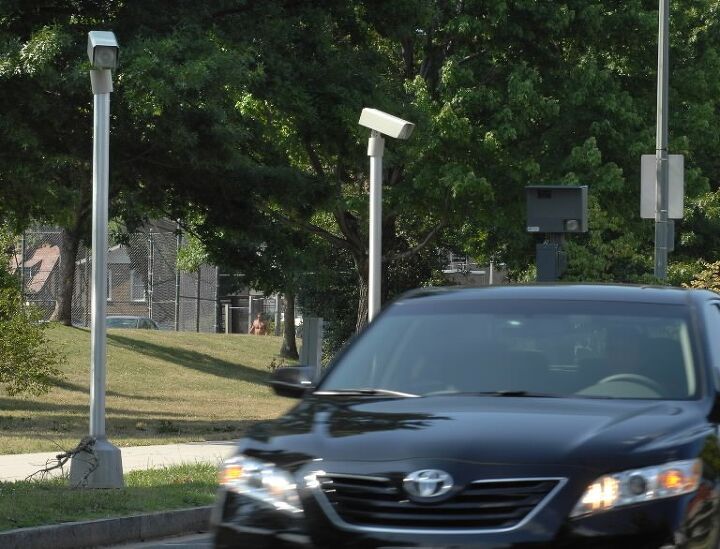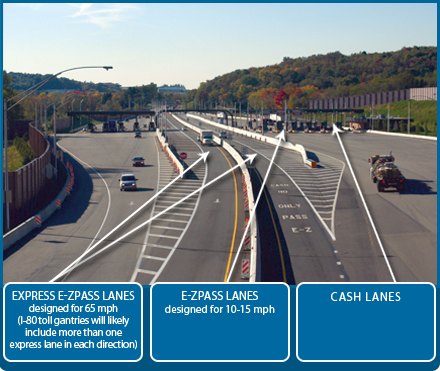#TheNewspaper
Texas: Top State Senator Says Red Light Cameras About Money
The most senior Texas state lawmaker admitted last week that he voted to save red light camera programs even though he knew they had no effect on public safety.
American Traffic Solutions Sues Former Top Executive
Photo enforcement vendor American Traffic Solutions last month filed a federal lawsuit against one of its own top employees. Michael J. Lenza worked for ATS as senior vice president for financial services from September 30, 2006 to May 13, 2011. Lenza’s job was to solicit business, but ATS now charges the former executive with secretly building a client base of his own on company time.
Arizona Governor Proposes Ballot Measure To Save Speed Cameras
In a surprise move, Arizona Governor Jan Brewer (R) took a step to save the freeway speed camera program imposed by her predecessor, Janet Napolitano (D), the current US Secretary of Homeland Security. On Friday, Brewer proposed a Fiscal Year 2011 budget that cut spending by $1.1 billion, reduced the state’s workforce by ten percent and raised taxes by $1 billion to address massive deficits brought on by overspending during the economic downturn. Also tucked into the budget were assumptions that automated ticketing would continue beyond 2011, based on expected results from a new referendum proposal.
Indiana: City Threatens $2500 Fines for Challenging Traffic Tickets
Motorists who receive minor parking or traffic tickets in Indianapolis, Indiana are being threatened with fines of up to $2500 if they attempt to take the ticket to court. A local attorney with the firm Roberts and Bishop was so outraged by what he saw in Marion County traffic court that he filed a class action suit yesterday seeking to have the practice banned as unconstitutional.
Speed Cameras Gift-Wrapped In The Netherlands
Turmoil in Two California Red Light Camera Programs
Red light cameras are shutting down temporarily and permanently in a pair of California cities. Santa Maria’s program has ended for good, thanks to camera vendor American Traffic Solutions (ATS). ATS inherited the Santa Maria account from bankrupt vendor Nestor Traffic Systems in September and has now decided to pull out of the city because it was not earning enough revenue.
Photo Enforcement Illegal In South Carolina
Earlier this year the South Carolina General Assembly enacted a law that will make it even more difficult for red light camera and speed camera vendors to attempt to do business in the state. Under a provision that took effect on April 9, police are authorized to replace traditional handwritten citations with “electronic traffic tickets” designed to speed the roadside ticketing process. These electronic citations, however, cannot be used as part of a photo enforcement system.
Texas: Accidents Increase at Controversial Red Light Camera Intersection
Accidents rose after the installation of a red light camera at one major intersection in Baytown, Texas. The private company American Traffic Solutions began issuing automated tickets at the intersection of Garth and Baker Roads on March 21, 2008. Since then, safety has not improved at the controversial camera location.
According to a brochure published by the city, “red light safety cameras” were installed because, “There have been more than 1,000,000 accidents and more than 1000 deaths attributed to red light runners that occur each year in the United States.” Presumably, the cameras are meant to reduce the number of collisions and deaths at Baytown intersections.
This has not happened according to accident reports from all three monitored approaches of the Garth and Baker intersection from eighteen months before the installation of cameras compared to the same period afterward. Instead, the total number of collisions grew by 11 percent. Although proponents of cameras frequently suggest that the increase in rear end collisions (31 percent in this case) is offset by the reduction in “more serious” collisions, the data show, to the contrary, that there was no reduction at all in the number of serious injury accidents.
Shareholder Revolt Takes Out Three Traffic Camera Company Leaders
Angry shareholders yesterday ousted the chairman of the board of a major traffic camera company and two of his closest allies. Redflex Chairman Chris Cooper and Directors Peter Lewinsky and Roger Sawley resigned to avoid an embarrassing vote after learning that a majority of shareholder proxies expressed no confidence in their continued leadership. The internal revolt followed closely upon the revolt of Ohio voters in the cities of Chillicothe and Heath.
Pennsylvania Resurrects Plan to Toll Interstate 80 Freeway
Pennsylvania Governor Edward G. Rendell (D) has not given up on his dream of adding toll booths on Interstate 80, a freeway that serves as a vital commercial link between New York and Chicago. On October 30, state officials filed an official memorandum to the Federal Highway Administration (FHWA) reopening the application for permission to toll the 311 mile route in order to help balance the state’s budget. “Without tolls on I-80, state lawmakers and the administration would have to plug a $473 million gap in next year’s budget, and that gap will steadily widen,” Pennsylvania Turnpike Commission Chief Executive Joe Brimmeier said in a statement.






















Recent Comments